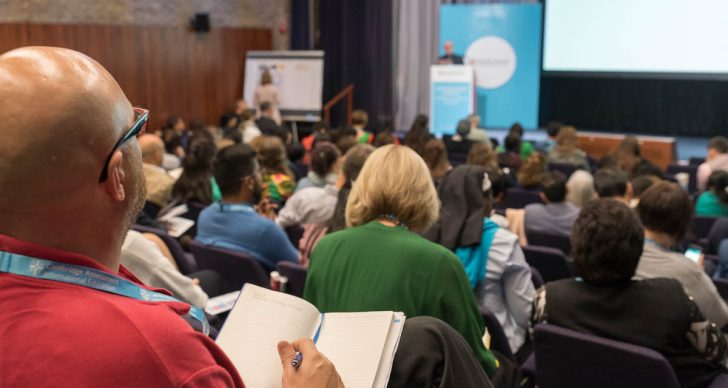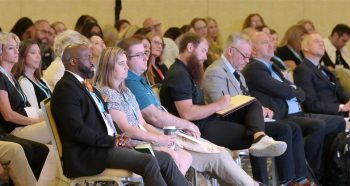When I signed up for the Cambridge Schools Conference in September 2018, I took the opportunity to book a slot on the post-conference workshop ‘Understanding impact for school leaders’.
I wanted to gather insights and learn skills that would actually help me and my team measure the impact of various initiatives at our school, the Nairobi Jaffery Academy in Kenya.
The workshop proved to be an amazing experience, as we were taken through the various aspects of impact assessment and the difference that senior leaders can make.
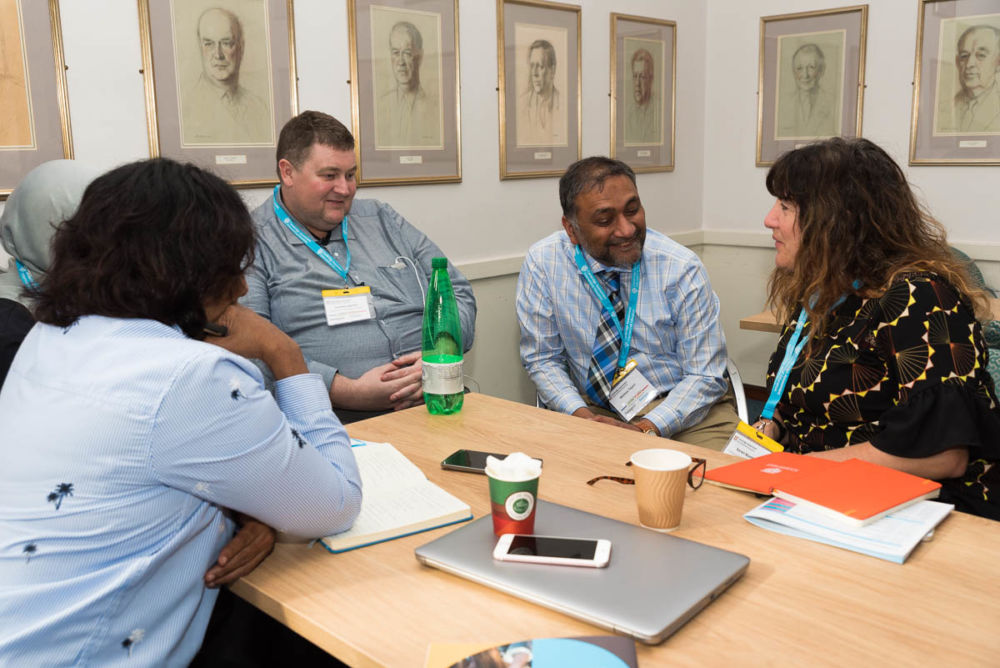
I returned to my school with ideas I wanted to put into action. I am happy to say that we started a process of impact assessment that we are committed to embedding in the wider school improvement initiatives.
The Cambridge workshop focused on the idea that the most effective teachers and leaders are reflective. Such teachers and leaders regularly ask, ‘is what I’m doing making a difference to my learners?’
During the two-day workshop, we were asked to reflect on how we could improve the quality of learning in our faculties and schools, how to monitor and support classroom practice, as well as how to make improvements across the whole school.
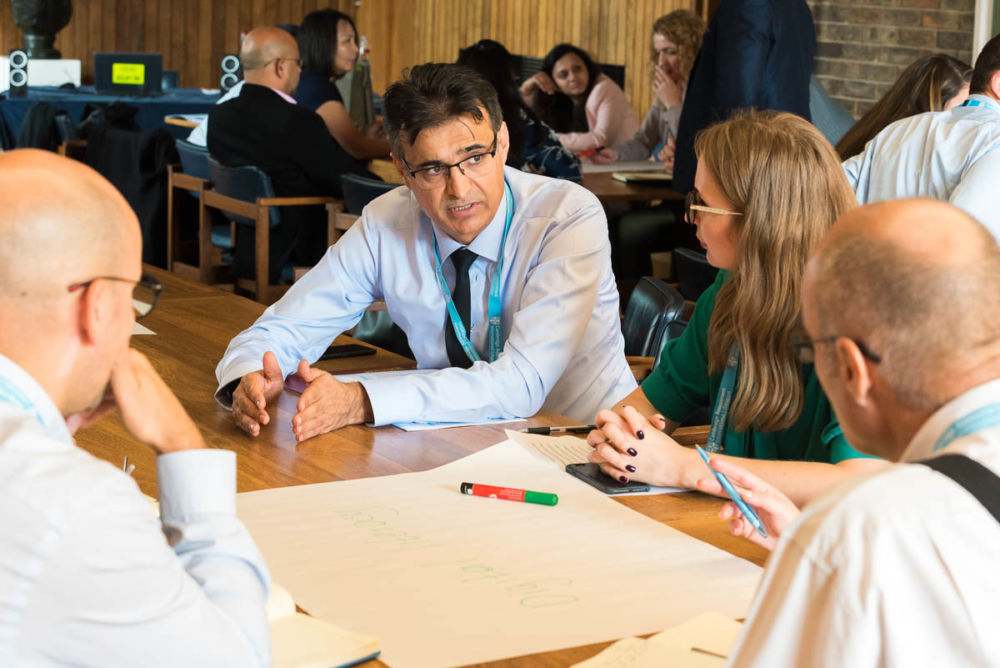
There were three key points that I took away from the workshop:
- Impact assessment is an ongoing process;
- The focus of assessment should be on verifying data from multiple sources, such as classroom observations and feedback from students, parents and teachers;
- It is important for the school leader to be deeply involved in the impact assessment process.
On returning to my school, I organised a learning session with the entire faculty where we looked at how we could put these lessons learned into practice.
We decided to evaluate the impact of the Life Skills Programme that we had been running at the school for a year.
The team decided that assessment would be carried out on two levels – internal impact and external impact.
The main methods used for the internal assessment were student questionnaires, focus groups with parents and gathering general feedback from students and teachers.
The student questionnaire asked for views on the valuable topics of the Life Skills Programme, the level of interaction in the classes, common learning methods used by teachers, how the programme contributes to their learning, the level of effort put in by students and ideas for further improvement.
The focus group discussions took place with selected parents of kindergarten, junior and senior school students. They were asked questions relating to the effectiveness of the Life Skills Programme.
A report was then compiled of all the responses, and shared with the faculty and the school’s education board.
For the external impact assessment, we hired a consultant to carry it out so that we could get an outsider’s view on the implementation of the programme.
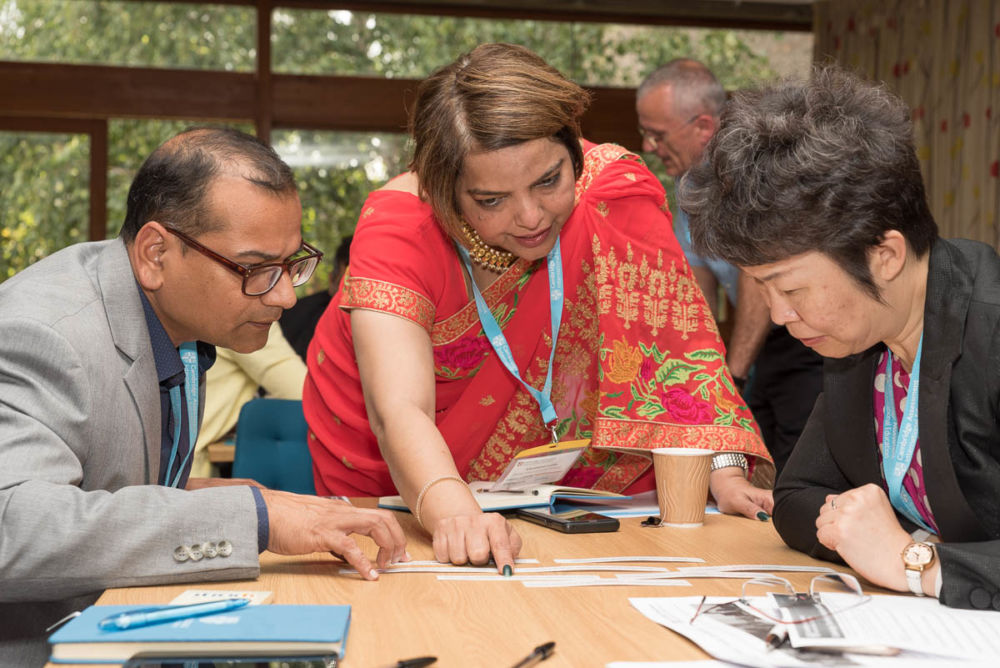
Information was gathered from classroom observations, and from group discussions with students, parents and teachers.
The consultant will compile a report that will also be shared with the faculty and education board, and we very much look forward to examining its findings.
The three main things that I’ve learnt from this process are:
- Impact assessment must be an integral part of any change initiatives at the school;
- The leader must be passionate about the process and should be the driving force;
- It’s important to prioritise important developments over quick fixes.
I am really grateful to Helen and Sharon, the two facilitators who led the workshop in Cambridge, for their excellent work, as well as the other participants. We worked together as a family and we have kept in touch with each other since.
I am also very grateful to the Nairobi Jaffery Education Board for their support, and for backing me to receive the best training.


